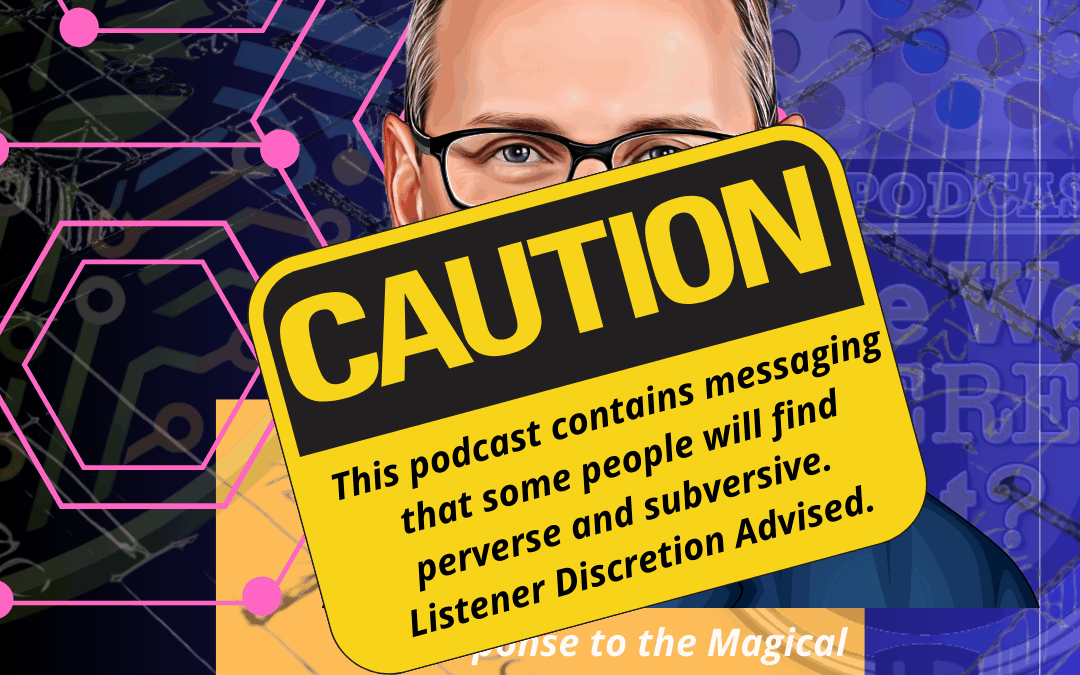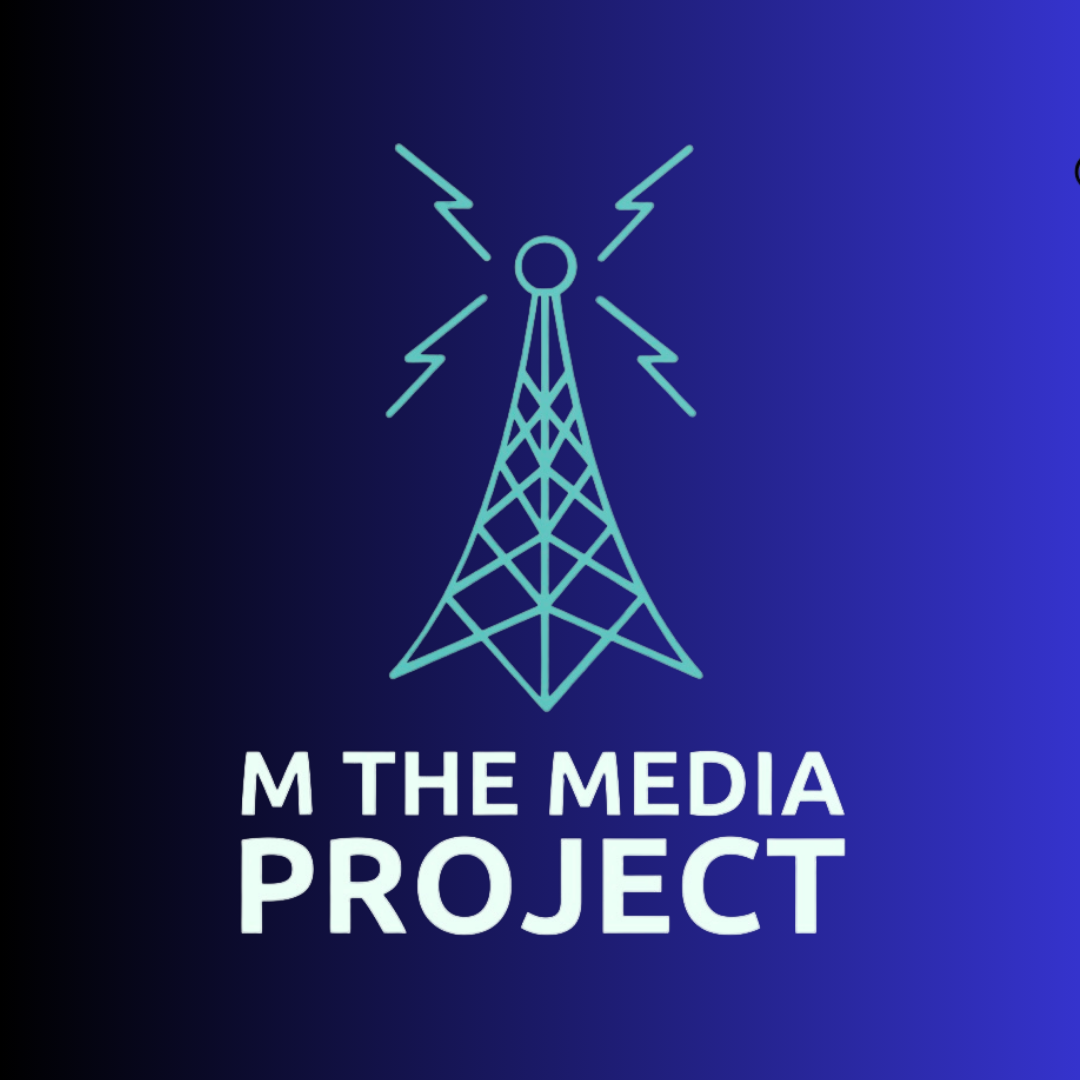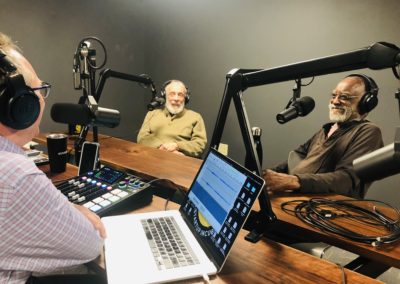The Good Samaritan & VT Housing

Used by permission of author
Scott M. Graves is Founder of M the Media Project and SMGraves Associates. As contributing writer to M, he writes under the series Essays from An Artist andDemocratic Capitalism. He formerly wrote under the additional series Politics, Done Local.
His work at SMGraves Associates focuses on building value in real property by considering the commercial and social ecosystems that play out within our built environments. Community Development that seeks to build pride in place and create economic opportunity for more citizens of our cities and towns.
Many thanks for this inclusion to my co-founder and friend Stephen Box, Partners In Housing Guru also known as the Accidental Activist and one hell of a Houser. Find his regular column in the Mountain Times.

In 1973 John Darley and Daniel Batson conducted the Good Samaritan Experiment at Princeton University’s Theological Seminary with participants who were studying to become religious leaders.
The parable of the Good Samaritan is about a traveler who is beaten and robbed and left half dead alongside the road. Two separate religious leaders pass by and avoid the man, ignoring his requests for help. A Samaritan arrives, ignores his cultural antagonism to the man’s tribe, and helps him. The story is told by Jesus in response to a question offered by a lawyer who asked for clarification on the commandment to “love your neighbor as yourself.”
The 40 students in the Princeton Seminary Good Samaritan experiment had been studying the parable of the Good Samaritan.
The experiment consisted of instructing the students to deliver a presentation on the Good Samaritan. One third of the students were given the locations of their presentations and told that they had plenty of time to get there. One third of the students were given the locations of their presentations and told they had barely enough time to get there. The final third of the students were given the locations of their presentations and told that they were late and would need to hurry in order to arrive in time to present.
As the students travelled, individually, along the university hallways to their respective destinations, they encountered a stranger who had fallen and was coughing ang moaning, signaling that they needed help.
Of the students with plenty of time, 63% of the students stopped to help. Of the students with just enough time, 40% of the students stopped to help. Of the students who were late, only 10% stopped to help.
At the end of the day, the majority of the students who were studying the parable of the Good Samaritan were so focused on giving their presentations on the Good Samaritan that they passed up the opportunity to be of service to a neighbor in need.
The results of the experiment are, to say the least, disheartening but the experimenters have a more generous appraisal of the results. They propose that the participants that ignored the person in need did so due to conflicting obligations, rather than cruelty, and because they were focused on their objective.
The story of the Princeton Seminary Good Samaritan experiment resonates with me due to my experience last week when I participated in a meeting of a statewide Housing & Homelessness advocacy group with approximately 80 participants representing the State of Vermont, NGOs, and for profit developers.
The meeting opened with a review of the current legislation related to the current homeless situation in Vermont, the amount of hotel vouchers available, and the efforts of advocates to increase the number of vouchers and the length of the vouchers.
I raised my online hand and countered that the shortage of housing narrative was not accurate and that the focus should be on permanent housing for those in need, not in temporary housing in the motels.
I offered as support for my contention the fact that I had nine vacant units ready for their clients and I shared my digital application in the chat.
As the founder of Partners in Housing, I spoke on behalf of other Housers who have vacant units but are not getting agency action in housing those in need and then supporting them with services necessary to keep them housed.
At this point, the Godfather of the homeless advocacy movement shut me down, after all I wasn’t on the agenda!
From my perspective, when 80 housing and homeless advocates get in the room to talk about the current housing crisis in Vermont, the appearance of a Houser with vacant housing units would warrant an interruption or a revision to the agenda.
But, we know how the Good Samaritan experiment turned out.
There is nothing more powerful than a commitment to a task, an obligation, an agenda, a process, and a journey.
At the end of the meeting, I had received no applications. A week later, the number remains zero.
I contended, at the meeting, that the process of housing those in need was cumbersome and needed revision and refinement, but…the agenda took over and I was out.
Martin Luther King Jr. often spoke of the parable of the Good Samaritan and he went a little farther than simply indicting the robbers and those that ignored the victim. He went farther than celebrating the selfless actions of the Samaritan. King extended the call for neighborly assistance to society at large, calling for the focus to be on making the road to Jericho safe for all.
King would apply the parable of the Good Samaritan to Vermont and call for us to focus on providing housing for all.
But…we have that agenda!
It’s time to invest in rigorous performance management, not more meetings to plan the meetings to prepare the agenda for the next meeting.
It’s time to put competent managers in charge of systemic change that evaluates spending to produce actual outcomes with long term sustainability.
It’s time to invest in a highly trained workforce and to hold agencies and authorities accountable for results.

Episode 215 Are We Here Yet? Podcast Ep. 14 Housers Podcast
The question should be 'What could they do with more tax revenue?'Today's Episode is taken from host Scott Graves 'Are We Here Yet? substack of January 2, 2026. The following is a transcriptOur city completed a round of dispossessing themselves of properties they own...

Episode 213 Are We Here Yet? Podcast Ep. 13 Housers Podcast
Author & Founder Ryan ShortAuthor Ryan Short’s 2025 The Civic Brand: The Power & Responsibility of Place caught our attention for a singular reason. One of the books many underlying themes is to choose substance over shallow ‘solutions’. Why do we hang new...
Episode 214 Are We Here Yet? Podcast
Chris Brady from the New England BeaconWe’re talking with correspondent Chris Brady of the New England Beacon for this AWHY? Episode. His recent article in the Beacon entitled, ‘CVS calls Woonsocket, RI home. Do Residents Benefit?’ explores the relationship of a...

Episode 212 Are We Here Yet? Podcast Ep. 38 Innova802
A Theoretical History of AI as Final Step to Outlawing The ImaginatorWarning! There is some adult language in this podcast! Transcript taken from SMGtheHouser.substack.com This week, a break from our work solving all the problems of small scale developers in rural...

Episode 211 Are We Here Yet? Podcast
w/ Tamara Laine, Founder of MPWRTamara Laine is the founder of MPWR, a fintech services platform launching in 2026 to serve the some 80 million global gig economy workers. This isn't the first founding experience for Tamara, here she is speaking with Nasdaq in 2023...

Interested in advertising with us? Perhaps you want a unique way to support the economic development work we accomplish while getting access to our intelligent and informed listeners? Join our roster of supporters. Click that button below to find out more.
Get In Touch
Phone: 978-884-6596
General Inquiry
"*" indicates required fields
© 2026 SM Graves Associates • Website Designed and Developed by inConcert Web Solutions • Site Map





